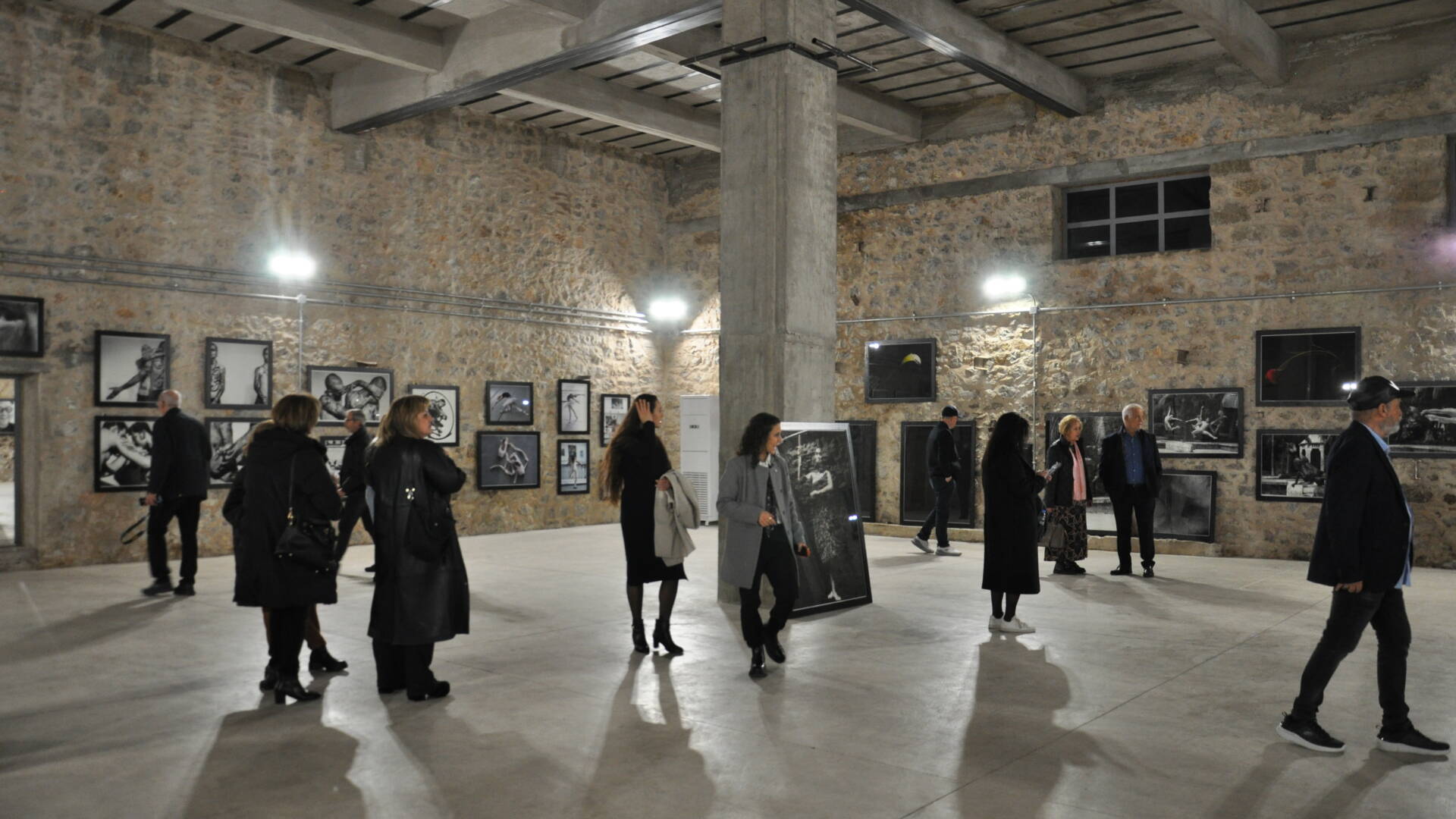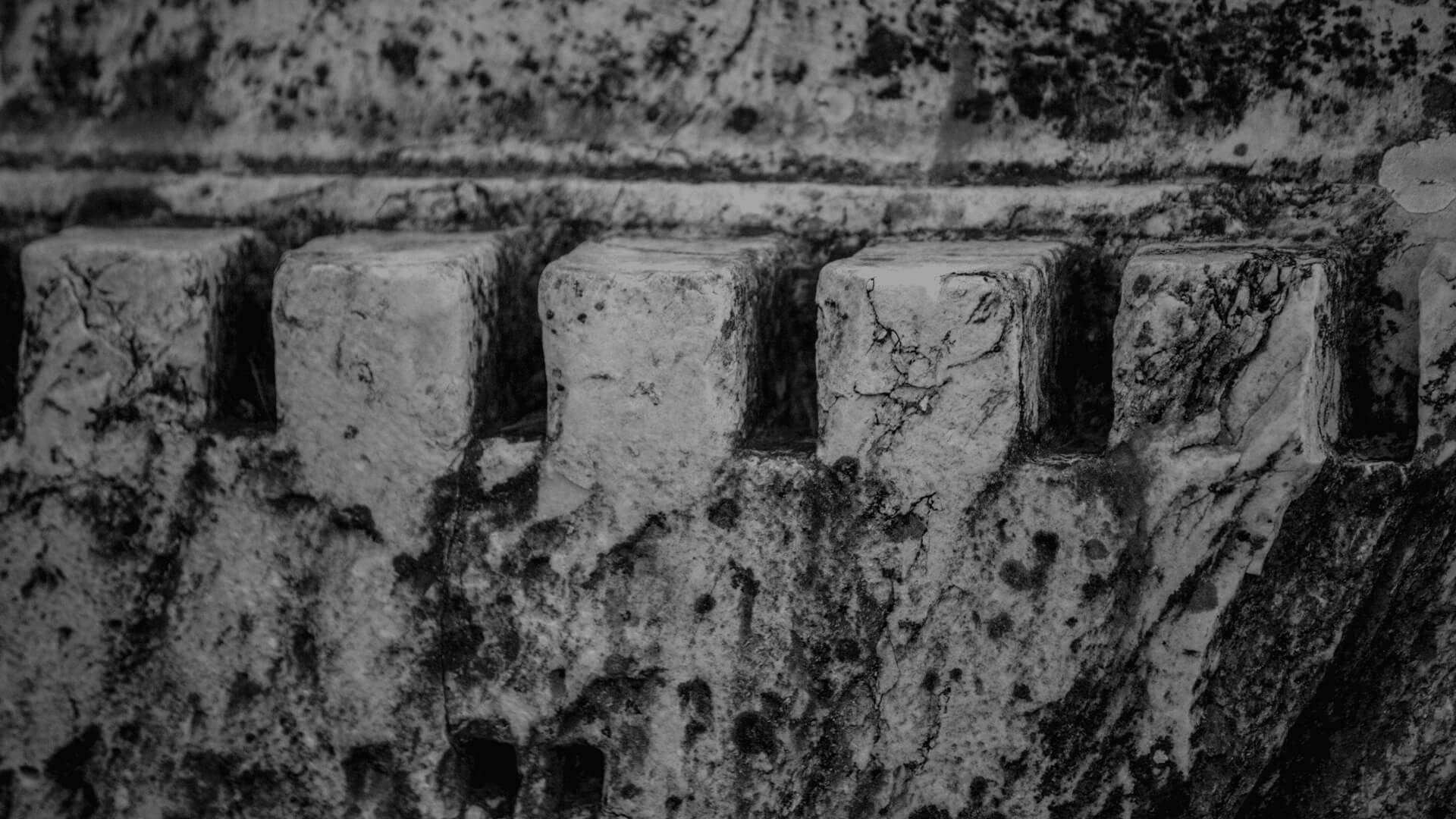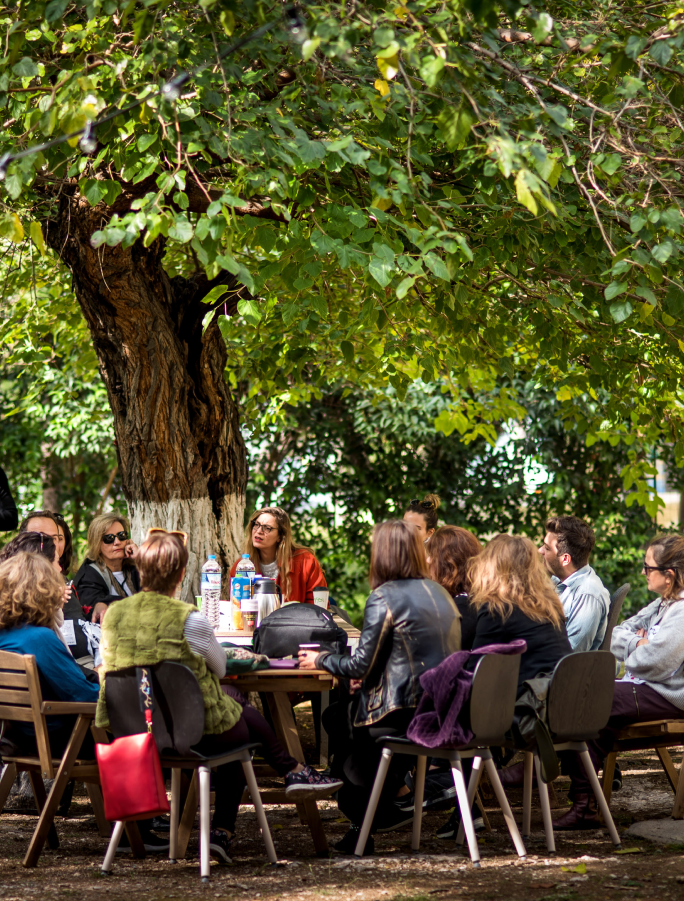Photo credit: Peggy Tsolakaki
INTERNATIONAL COUNCIL ON MONUMENTS AND SITES – I.C.O.MO.S
THE OFFICIAL TECHNICAL ADVISOR OF UNESCO
Athens, February 4, 2019
Prot. No: 1429
Subject: PYRKAL industries
Founded in the early 1900s, PYRKAL is one of the oldest industries in Greece and the main producer of ammunition and explosives in the country. Situated in Eleusis, few kilometers from Athens, this industrial complex constitutes a significant landmark of Greece’s industrial heritage.
The industrial installations, comprising of two major wings (consisting of 83 and 51 buildings respectively), used to accommodate a variety of works related to chemical and industrial products as well as to ammunition, explosives and arms manufacture. Innovative technologies were introduced and implemented and various mechanical equipment and machinery were also produced throughout its operation timeline, thus making PYRKAL a major supplier and a well-established exporter to foreign countries.
The construction of the complex has a particular significance in terms of architecture, design and building materials, which, in combination with its historical importance, meets all the conditions in order to be designated as monument according to the national legislation on the protection of cultural heritage and the Granada Convention that Greece has ratified in 1992.
ICOMOS Hellenic, taking into account the fact that PYRKAL complex is already threatened by abandonment, vandalism and theft and is facing the risk of a new demolition attempt, which has been already once prevented in 2017, requests from the competent authorities of the Ministry of Culture and Sports that PYRKAL complex is designated as monument in order to safeguard the industrial heritage and the collective historical memory that it represents. This designation should also apply to all movable objects associated with the uses that are consistent with its character.
It is also of utmost importance to record the buildings, the industrial equipment, and the surrounding installations in detail in order to protect and restore them, and also to highlight the most representative ones. Furthermore, the green zone within which the PYRKAL complex is established can be designated as a buffer zone between the Eleusis Refinery and the urban and residential center.
ICOMOS Hellenic claims that the competent Ministries of Environment and Culture in collaboration with the regional and local authorities should take action in order to support the preservation and upgrading of the PYRKAL complex. The designation of Eleusis as Cultural Capital for 2021 is an excellent opportunity in this direction.
HELLENIC ΝΑΤΙΟΝΑL COMMITTEE COMITÉ NATIONAL HELLENIQUE
President A.Nakasis 1st Vice President N.Lianos 2nd Vice President S.Avgerinou-Kolonias Secret. General J.Panopoulos Dep. Secretary General E.Kardara Treasurer V.Kotsiaris Press-Media S.Spyropoulou Public Relations M.Daniil National Affairs K.Psaroudakis Intern. AffairsE.Korka Intern. Programs E.Tsakanika Publications–Archive-Library M.Deli-Pyrounaki Assets Management A.Ves Events N.Markozanis Tourism K.Katsigiannis Environment E.Alexandrou EducationC.Caradimas Intern.Committees E.Efesiou
73, Peiraios str. 10553 Athens Greece Tel:(+30)2103244821 Fax-Tel:(+30)2103244567
icomoshellenic@gmail.com www.icomoshellenic.gr
On behalf of I.C.O.MO.S. Hellenic National Committee
The President The Secretary General
Dr. Athanasios Nakasis John Panopoulos
__________________________________________
The International Council of Monuments and Sites, ICOMOS, is the most valid, international, professional, non governmental organization (NGO), technical advisor of UNESCO for the protection of Cultural Heritage with the aim of promoting the theory, methodology, technology and the provision of information about the protection and promotion of the historical monuments and sites of all the countries in the world. ICOMOS was established in 1965 with the decision of the B’ Congress of Architects and Protection Specialists that took place in Venice in 1964. ICOMOS members are special scientists from all over the world and it is activated in 104 countries in the 5 continents. Its international administration is elected every three years. The headquarters of ICOMOS are in Paris.
ICOMOS acts as a technical advisor of UNESCO. In this capacity, it studies the recommendations of the member countries of UNESCO about the incorporation of national monuments in the Catalogue of World Heritage (Natural and Cultural). Its 21 International Special Scientific Committees also study specialized issues, such as vernacular architecture (CIAV), protection of historical cities and settlements (CIVVIH), Cultural Tourism, cultural routes etc.


